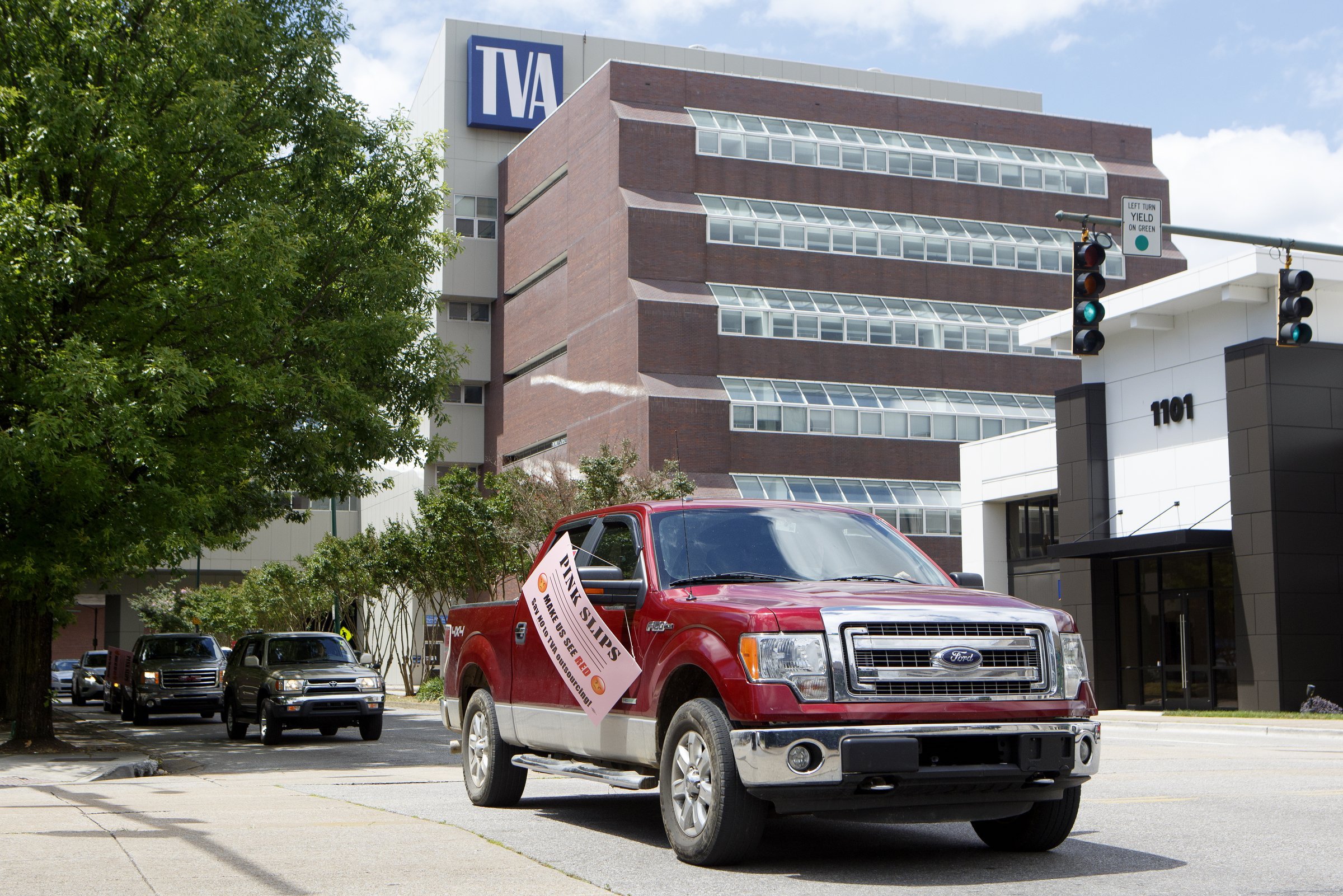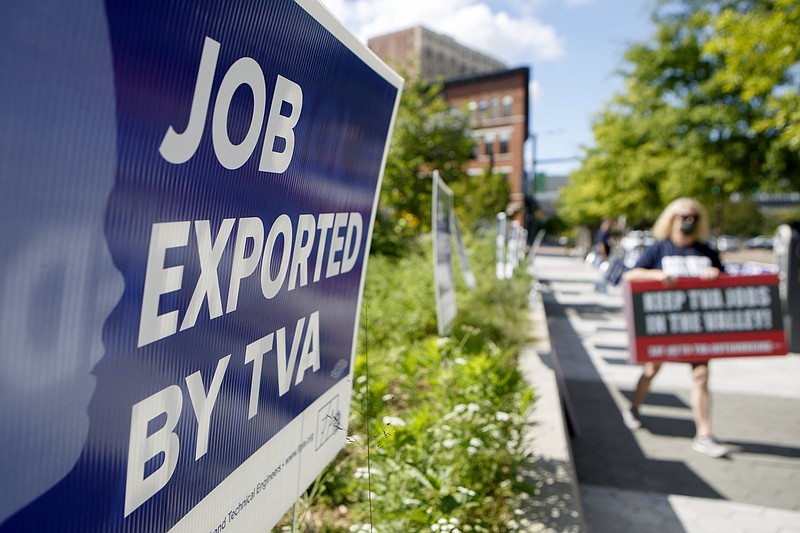President Trump's four-year crusade against immigration has pushed the number of foreign workers and other immigrants arriving on American shores down to the lowest level in decades.
That's pleased Trump's supporters, but it will almost certainly cost the nation dearly in the future, with slower job growth, fewer start-ups and a weaker overall economy, economists, business leaders and immigration analysts say.
Among the most damaging of Trump's anti-immigration efforts, according to experts, is his renewed push to deny visas to foreign workers with special skills and expertise that U.S. companies need.
Two recent rules issued by the Labor Department and the Department of Homeland Security are expected to make it significantly harder for tech firms to bring on workers from abroad under the so-called H-1B visa program.
Many economists say the rules will hurt the U.S. and help its foreign competitors. Robert Atkinson, president of the Information Technology and Innovation Foundation, a nonpartisan think tank, said he has started to see recruitment billboards placed by Canadians in Silicon Valley.
Trump officials have sought to frame the latest H-1B rules as a coronavirus-induced emergency to save American jobs, bypassing the public-comment period to impose some of the changes right away.
"Immediate action is needed to guard against the risk lower-cost foreign labor can pose," Patrick Pizzella, the deputy secretary of Labor, told reporters Tuesday.
After firing two members of the board of the Tennessee Valley Authority for approving plans to outsource information technology jobs in Chattanooga, TVA backed off of its plans to use foreign-based contractors using workers in the United States under H-1B visas to do the IT work. Trump said his move helped save more than 100 U.S. jobs at TVA.
 protests in June against the Tennessee Valley Authority in Chattanooga for initially moving to outsource information technology jobs. After President Trump signed an executive order limiting how federal agencies can use H-1B visas for foriegn workers who might displace U.S. jobs, TVA reversed its earlier decision and canceled plans to outsource mor than 100 IT jobs.
protests in June against the Tennessee Valley Authority in Chattanooga for initially moving to outsource information technology jobs. After President Trump signed an executive order limiting how federal agencies can use H-1B visas for foriegn workers who might displace U.S. jobs, TVA reversed its earlier decision and canceled plans to outsource mor than 100 IT jobs.The H1-B program, along with many other forms of legal immigration, has been in the administration's crosshairs since Trump first took office, according to Sarah Pierce, an analyst with the Migration Policy Institute.
"This wasn't something they just cooked up once the pandemic happened," Pierce said.
Net immigration to the U.S. increased by 1.05 million from 2015 to 2016, but has dropped steadily since. It fell to 595,348 between 2018 and 2019, according to an analysis of Census Bureau data by William Frey, a demographer at the Brookings Institution. Declines are likely to be even sharper this year due to the pandemic.
With the U.S.-born population aging and the birth rate at historic lows, experts say that's a problem. Immigrants have helped invigorate the labor force, which is a key component of economic growth.
Studies have shown that immigrants tend to start new companies at higher rates than natives, and can help boost productivity with new ideas and fresh capital.
"Immigrants are by definition risk-takers," said Mark Zandi, chief economist at Moody's Analytics.
Contrary to Trump's portrayal of immigrants as poor and dependent on welfare programs, the bulk of the increased number of foreign-born adults in the past decade are from Asia, most with college and advanced degrees, said Frey.
As China and other countries mount increasingly powerful challenges to U.S. leadership in fields such as artificial intelligence, telecommunications and health sciences, American firms and research labs fear it will be difficult to remain out front if Trump succeeds in crimping the pipeline.
Doug Rand, a former assistant director for entrepreneurship under the Obama administration and tech-company founder, said it may already be too late.
"Based on the data, the U.S. may never again be the No. 1, no-brainer destination for global talent," he said.
And while corporate giants like Amazon, Google and Microsoft have been among the biggest beneficiaries of the existing visa program, smaller firms and start-ups may end up being hurt more, said Stephen Yale-Loehr, an immigration expert at Cornell Law School.
The impact is likely to be felt beyond the approximately 85,000 H-1B visas now issued annually to workers.
The new rules make it both harder for foreign skilled workers to qualify for visas, and much more expensive for employers to bring them on. The result could push U.S. firms to move more jobs overseas.
Many international students, especially in science and technical fields, see the H-1B as a pathway to launching careers here after graduation.
The Trump administration has also sought to tighten restrictions on foreigners in U.S. graduate programs. Even before the pandemic, new international enrollments at U.S. universities were waning. Without an active H-1B program or other means to stay and work in the U.S., fewer still could decide to study in the U.S.
In June, Trump ordered a freeze on new H-1B and some other employment visas through the end of the year, saying U.S. workers needed extra protection during the COVID-19 pandemic. Last week a federal court in San Francisco partially blocked the order, but not before thousands of work-visa holders were denied entry into the U.S.
"A lot of people left thinking they were coming back in a week or two, and they haven't been able to come back to all of their obligations, their apartments, their stuff, their lives," said Susan Cohen, an immigration attorney at the Boston-based law firm Mintz. "There's a lot of very sad stories."
